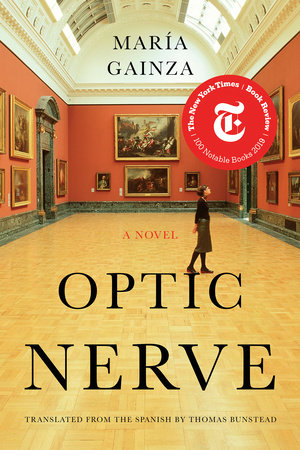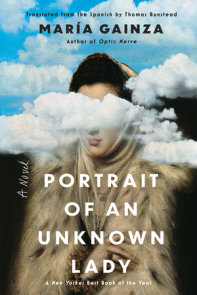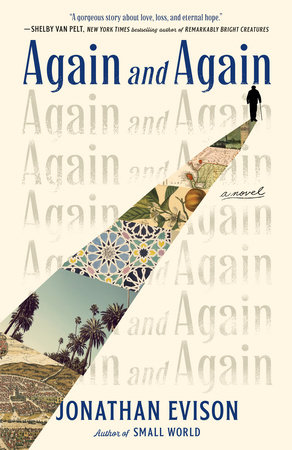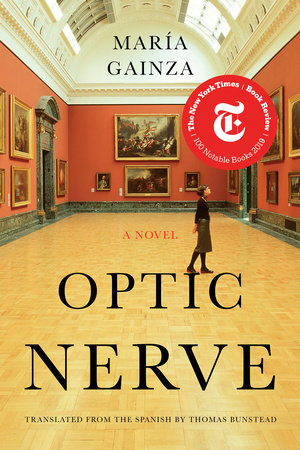

Optic Nerve
By Maria Gainza
Translated by Thomas Bunstead
By Maria Gainza
Translated by Thomas Bunstead
By Maria Gainza
Translated by Thomas Bunstead
By Maria Gainza
Translated by Thomas Bunstead
By Maria Gainza
Translated by Thomas Bunstead
By Maria Gainza
Translated by Thomas Bunstead
Category: Literary Fiction | Women's Fiction
Category: Literary Fiction | Women's Fiction
Category: Literary Fiction | Women's Fiction

-
$16.95
Apr 21, 2020 | ISBN 9781646220021
-
$25.00
Apr 09, 2019 | ISBN 9781948226165
-
Apr 09, 2019 | ISBN 9781948226172
YOU MAY ALSO LIKE
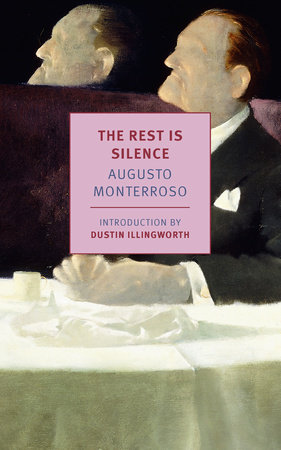
The Rest Is Silence
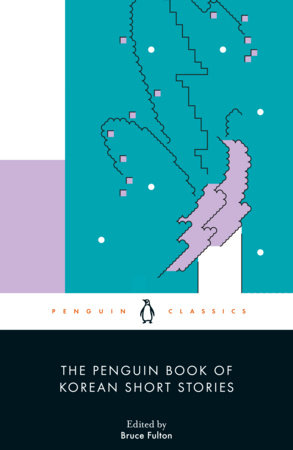
The Penguin Book of Korean Short Stories
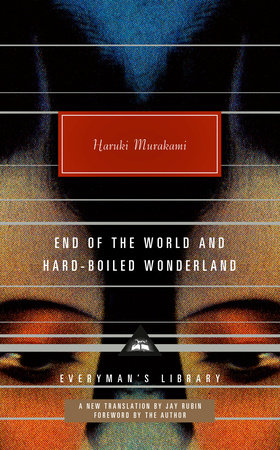
End of the World and Hard-Boiled Wonderland

The Hunter
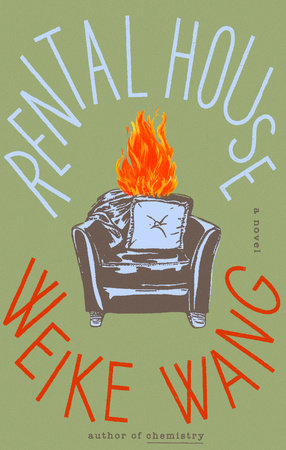
Rental House

Birds, Beasts and a World Made New
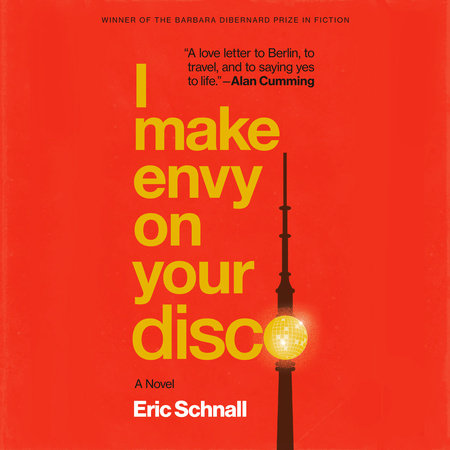
I Make Envy on Your Disco
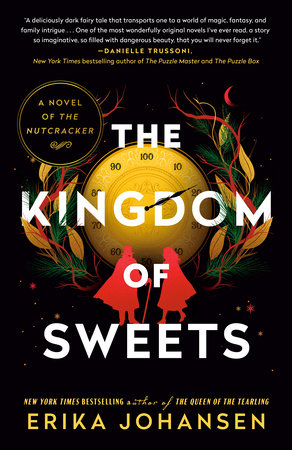
The Kingdom of Sweets

The Abolitionist’s Daughter
Praise
Praise for Optic Nerve
Finalist for the 2020 Los Angeles Times Art Seidenbaum Award for First Fiction
The New York Times Book Review, 1 of the 100 Notable Books of the Year
Publishers Weekly, One of the Top Ten Books of the Year
“In this delightful autofiction—the first book by Gainza, an Argentine art critic, to appear in English—a woman delivers pithy assessments of world–class painters along with glimpses of her life, braiding the two into an illuminating whole.” —The New York Times Book Review, Editors’ Choice
“Appealing and digressive . . . María’s store of information about painters and their lives can make reading the book feel, delightfully, like auditing a course . . . Consistently charms with its tight swirl of art history, personal reminiscence and aesthetic theories.” —John Williams, The New York Times Book Review
“A roving, impassioned hybrid of art history and memoir . . . The pithy biographical portions of Optic Nerve are bracing correctives to potted textbook histories . . . Treat the chapters like stand–alone essays, each one enlivened by the delightful variety and idiosyncrasy of artistic obsession.” —Sam Sacks, The Wall Street Journal
Startlingly original . . . Both Gainza’s writing style and her taste in art display a preference for understatement . . . One senses a certain arbitrariness, a sincerity of taste that brings to mind Borges’s literary enthusiasms . . . Rare and exquisite.” —Maxine Swann, Los Angeles Review of Books
“Gainza’s narrator is an Argentinian woman with a great interest in art and she weaves in and out of anecdotes from her own life, information about artists, and engagement with the art itself. Its discursiveness is its greatest strength; the smooth movement from one subject to the other is engaging and satisfying. Gainza also has an ability to wrestle with the contradictions and small lies that operating in the Art world, so to speak, produces.” —Bradley Babendir, Chicago Review of Books
“Here, art is a trellis around which life knots and overlaps, severs, climbs upward . . . Optic Nerve’s episodic iridescence—the way each chapter shimmers with the delicacy of a soap bubble—belies its gravity. Gainza has written an intricate, obsessive, recherché novel about the chasm that opens up between what we see and what we understand . . . a radiant debut.” —Dustin Illingworth, The Nation
“Gainza’s long–awaited English–language debut is a provocative novel that investigates the power, value, and emotional significance that art carries, from the perspective of one deeply curious Argentinian woman.” —David Canfield, Entertainment Weekly
“Optic Nerve would be worth reading as an art history lesson alone; its descriptions of great paintings are phenomenal, as are its lives–of–the–artists anecdotes . . . With each chapter, María finds a new artist to love, and, in doing so, accesses a new part of herself. It’s a pleasure to watch her do both.” —Lily Meyer, NPR
“Falling somewhere between essay and close personal narrative, Optic Nerve reads like a museum. It encompasses countless styles, eras, and characters, offering new stories and ideas for our narrator to follow down winding hallways. Considering artist legacies, Argentine culture, and the accuracy of perception, Gainza paints life and art as adjacent forces; fabricated images and stories become real, casting their shadows onto memory.” —Nikki Shaner–Bradford, The Paris Review
“Is there anything more exciting than when art defies categorization, resists genre, operates only within the boundaries of its creator’s intentions? María Gainza’s Optic Nerve is one such piece of art; its words shimmer and shimmy inside your head as it leads you to places you’ve never been, and could only ever have imagined. Part autofiction and part inquiry into the consumption of art, Optic Nerve is a vital read for anyone who knows that seeing something isn’t the same thing as perceiving it, and that once you understand the distinction between the two, entirely new worlds can open up, unconstrained from the restrictions too often placed upon them.” —Kristin Iversen, NYLON
21 Books You’ve Been Meaning to Read
Just for joining you’ll get personalized recommendations on your dashboard daily and features only for members.
Find Out More Join Now Sign In







